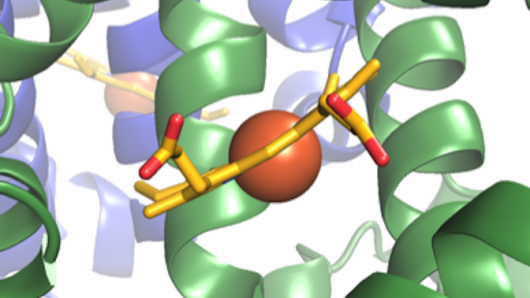Principles of Biochemistry

- Intermediate
Add a Verified Certificate for $299

The structure and function of the chemical building blocks of life
How to navigate protein structures using PyMOL
The central role of enzymes in catalyzing the reactions of life
The primary metabolic pathways that power cells
The intricate mechanisms that regulate cellular metabolism
The integration of biochemical processes in the context of cells, tissues, and whole organisms
Principles of Biochemistry integrates an introduction to the structure of macromolecules and a biochemical approach to cellular function. Topics addressing protein function will include enzyme kinetics, the characterization of major metabolic pathways and their interconnection into tightly regulated networks, and the manipulation of enzymes and pathways with mutations or drugs. An exploration of simple cells (red blood cells) to more complex tissues (muscle and liver) will be used as a framework to discuss the progression in metabolic complexity. Learners will also develop problem-solving and analytical skills that are more generally applicable to the life sciences.